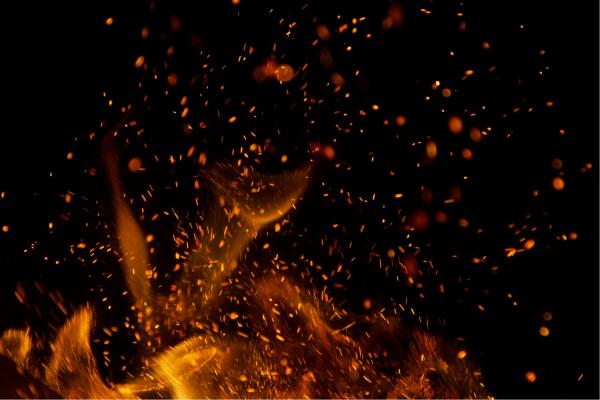The falsehoods are so thick, the hypocrisies so outrageous, the corruption so rife, the processes so broken that you don’t know if you trust anyone anymore. The vulnerable are mocked or torn from their parents’ arms. Men in expensive suits say “Lord, Lord,” like they own air and mineral rights to the Most High. But their God, the one you thought—if but reluctantly—that you shared, is no god you recognize.
How can the pieces ever be put back together, the damage undone? What is gospel truth now?
A knot of self-righteous rage, tangled inextricably with despair, owns your gut. The accusing thought comes that you’re complicit. You’ve not done enough; you’ve saved no one. Guilt is the final straw. A voice not quite your own yet completely your own snarls: “Burn. It. Down.”
Read the Full Article

